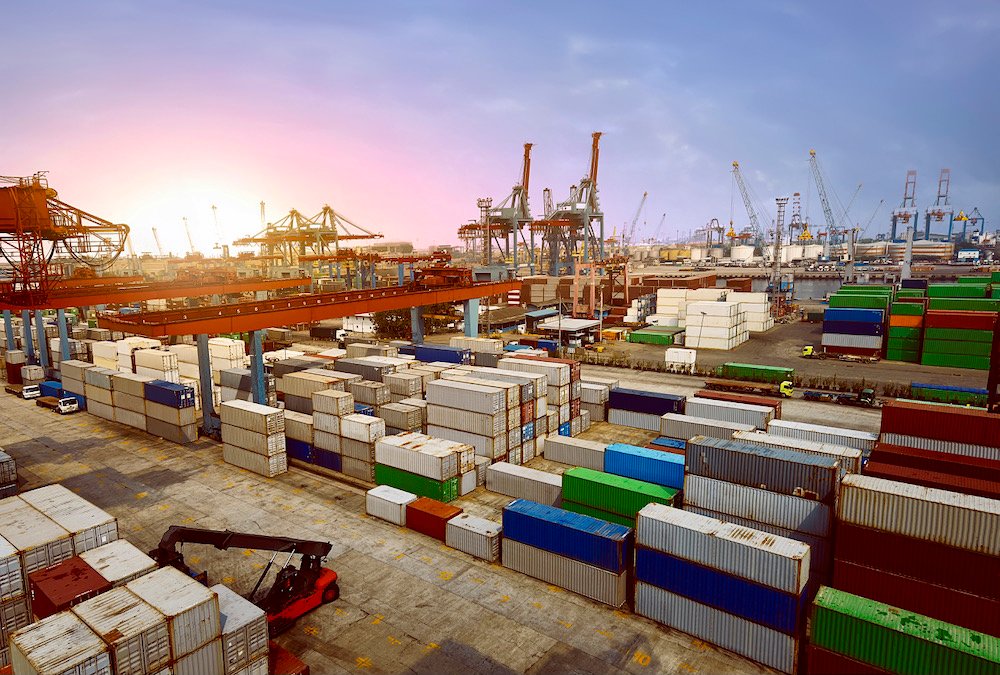Market access a priority in Indonesia negotiations

Canada’s consultations on a potential free trade deal with Indonesia demonstrate a strong appetite for negotiations to continue.
The two nations are expected to launch formal talks this year.
Why it matters: Canadian agricultural exporters hope a trade pact with Indonesia will stabilize and strengthen their market access to the Asia-Pacific region.
Already 78 per cent of respondents to a government consultation, launched in January, are supportive of a free trade agreement.
Respondents, about one third of which came from the agriculture and agri-food sector, listed market access, addressing technical trade barriers, investment, sanitary and phytosanitary measures as priorities.
Environment, inclusive trade and labour issues ranked lower.
Meat exporters want issues addressed that involve access to the Indonesian market. Particularly, they mentioned challenges from importing products with Halal certification, and issues stemming from how Canada’s meat inspection system meshes with packaging or labelling requirements in Indonesia.
Supply-managed sectors expressed support for a deal, so long as the federal Liberals uphold a commitment to not provide any more market access to supply managed goods.
Across the board, there is broad support for Canada to pursue a bilateral deal with Indonesia at the same time it seeks a broader pact with the Association of Southeast Asian Nations (ASEAN).
“References were made to the fact that pursuing a trade agreement with Indonesia would complement Canada’s other trade policy priorities, such as Canada’s overall trade diversification strategy, expansion of the Comprehensive and Progressive Agreement for Trans-Pacific Partnership (CPTPP) through accessions, and deepening commercial ties with the fast-growing Indo-Pacific region,” said the consultation report from Global Affairs.
Indonesia has expressed a desire to negotiate a broader deal in parallel with a bilateral one.
“We see the benefit of both (deals),” said Iffah Sa’aidah, a trade attaché in Ottawa with the Indonesian government. “There will be a benefit of both of the trade deals. Usually the bilateral trade deal is more broad and deeper, maybe more technical and economic cooperation,” she said.
Indonesia is a coordinator of ASEAN’s pursuit of a trade deal with Canada. Formal negotiations are expected to begin in early 2022.
Global Affairs Canada says a trade pact could “contribute significantly to Canada’s overall economic, social and environmental priorities, in line with Canada’s commitment to an inclusive approach to trade.”
Including issues like the environment or labour rights in trade deals are relatively new to Indonesian negotiators, who have expressed caution over Canada’s insistence on including such measures.
Despite those issues ranking as a lower priority, Global Affairs noted in its report “many submissions indicated support for Canada’s inclusive approach to trade, which aims to ensure that the benefits of trade are more widely shared. A few submissions mentioned that Canada is well-placed to ensure that any future agreement promotes equality, non-discrimination and human rights in both Canada and Indonesia.”
Some stakeholders suggested labour standards and human rights issues be addressed through a dedicated chapter in the trade agreement.
“Several stakeholders mentioned that poor health and safety regulations, low compensation and forced child labour in Indonesia are all factors that Canada should consider when negotiating an agreement,” read the report from Global Affairs.
Environmental concerns, including Indonesia’s limited environmental regulations, were also raised as a concern.
Global Affairs says it will “publish an initial environmental assessment, which will take into consideration the views expressed during consultations, should we proceed to launch negotiations.”
Source: Farmtario.com

